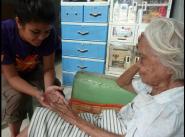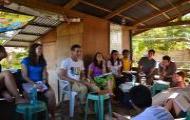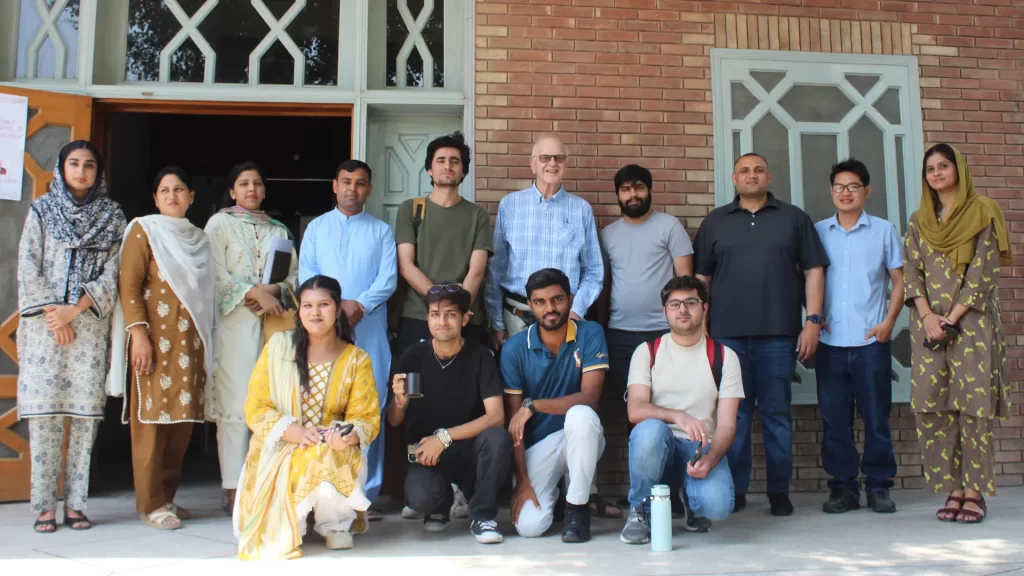The Jesuit-run University of San Francisco has been running an alternative study abroad program based in Metro Manila, the Philippines. Casa Bayanihan is a semester-long program rooted in the Jesuit tradition, conceived initially for undergraduates in Jesuit universities in the United States. It is modelled after a Santa Clara University sponsored program in El Salvador, Casa de la Solidaridad, which built its pedagogy around the witness of the martyrs there.
Now in its third year, the program has close to 50 alumni and a current group of 17 students. The majority of Casa Bayanihan students have come from US universities such as Boston College and Santa Clara University. This year, the program has expanded to include students from Ateneo de Naga University in the Philippines.
The program was designed for students seeking a profound understanding of themselves and of a globalizing world that wrestles with the friction between great prosperity and extreme material poverty. Casa Bayanihan guides students in engaging this reality, which is often an experience that transforms their lives. Four pillars integrate different dimensions of Jesuit education into the program: accompaniment of marginalized communities or “praxis sites”, rigorous academics at the local Jesuit university, spirituality, and community.

Academics: To help them process the realities they experience, students take a full course load at Ateneo de Manila University that integrates the praxis experience into sociology, political science and theology courses. The classroom also goes directly to the praxis sites. For example, when the students spend one week in a fishing village, political science and theology professors go to the village and teach students there, basing their classes on the local realities. These classes and this integration give students tools to analyse critically the systems and structures that fuel present dynamics.
Spirituality: An experience of suffering can elicit the suffering in one’s own life or beg larger questions of faith, identity and God. The program creates several places outside of the classroom to hold this experience and move to a more expansive view of faith. To meet students where they are in their spiritual growth, the staff facilitates optional Spirituality Nights every week, weekly liturgies, spiritual accompaniment, a silent retreat and other ways that integrate Filipino spirituality.

As the semester ends for Batch 6 of Casa Bayanihan, one may ask if the program has been successful.
“I am affirmed by the new life developing in the program. It has been a privilege to witness community members take on the role of primary educators, moving from shame about their living conditions to a sense of empowerment as they share their voices,” said Casa Bayanihan Co-director Grace Salceanu, adding that the growth in students is an intangible testament to the program’s success. “In many students, there is a commitment to solidarity, to listening to a deeper vocation that is bound up in relationship with others.”
Matthew Walsh of Boston College, said, “I have encountered the ‘gritty reality’ in Bagong Silang and it has intensified my thirst for justice in order to respond to the suffering of others.”
Monette Florendo from Ateneo de Naga University adds, “I now see faith as a way of life. It is the way through struggles – it is the way my praxis families continually cope through life. It is a hope in life . . . [and] also a reflection of the relationships I have. It is in loving others that I fully am able to love God.”
As Mrs Salceanu said, this form of Jesuit higher education rooted in relationship and reality forms valuable seeds in the communities and students. “We hope in the seeds planted as we work towards a global community that is more fully human and just.”
For more information on Casa Bayanihan, visit its website, Facebook page, and Tumblr blog.






